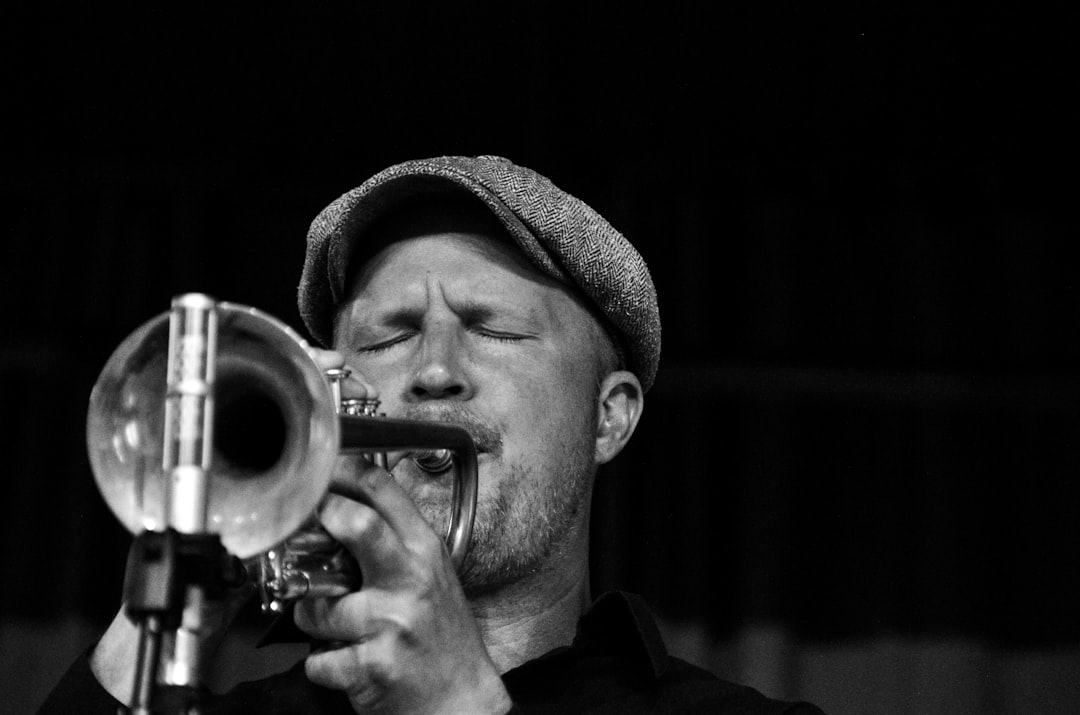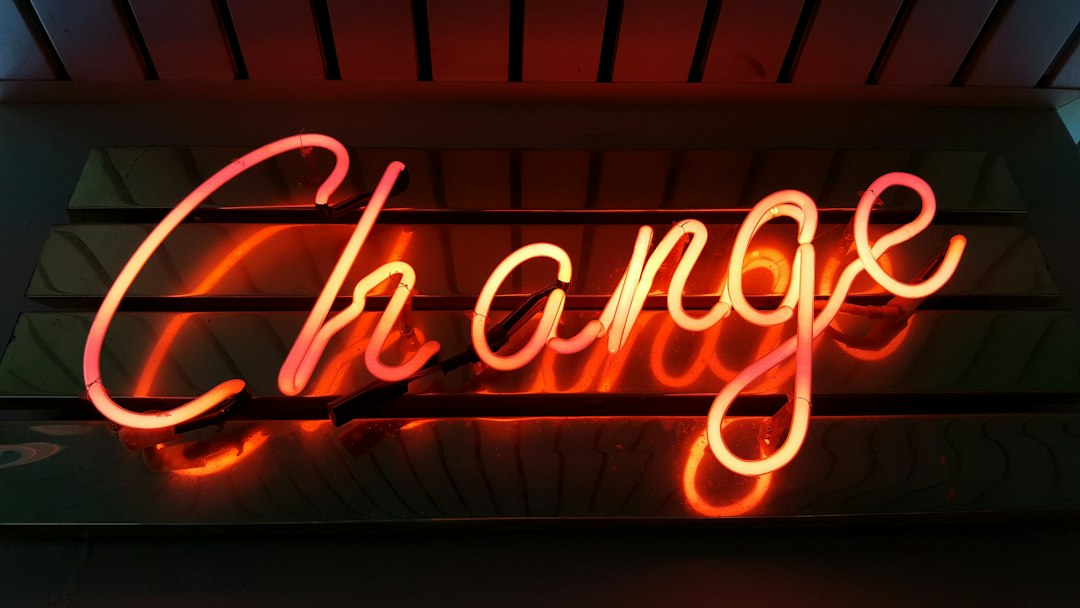What is it about?
Why is "hate" so often coupled with right-wing politics in popular and academic discourse? Is hate really useful for analyzing right-wing groups? I develop the concept "hate stereotyping", which is when researchers overstate individual emotions and political prejudices as motivating collective action among the right-wing, epitomized by labels such as "hate group". Hate narratives about right-wing politics tend to individualize right-wing extremism and risk sustaining the dominant idea that racism is deviant and a problem of bad attitudes and fringe ideologies, rather than larger issues of systemic and structural inequality.
Featured Image

Photo by NeONBRAND on Unsplash
Why is it important?
When studying right-wing movements, many scholars use hate with little attention to its methodological, nor theoretical implications. Empirical evidence also shows that hate (as it is traditionally understood) is mostly insignificant for attracting and retaining members in such groups. Hate's theoretical and methodological ambiguity sometimes leads scholars to confuse hatred with right-wing ideology and prejudice, which can obfuscate findings and spur dubious generalizations across political groups. Moreover, some researchers accept post-structuralist theories of hate as a substitute for vital data on emotions, motivations and meaning-making among right-wing actors. I am calling for conceptual clarity and critical analysis through minimizing unfounded assumptions about hate and motivations. Using the concept in research on right-wing movements requires heightened methodological attention to hate's philosophical debates and popular implications.
Perspectives
My critique of "hate" is not intended to justify or absolve right-wing prejudices. Rather, I hope that by reading this article, readers and researchers will think more critically about hate and it's relationship to right-wing politics. When employed uncritically, "hate" or "hate group" tend to trade rhetorical power for analytical precision – an impediment to understanding both prejudice and rightist politics. We need a more rigorous approach for enquiring about right-wing movements and their relationship to everyday inequality. This question has become urgent with the surge of right-wing populism across the West, an issue that should not be signified as a "growing hate problem" in the population.
Dr. Justin EC Tetrault
University of Alberta
Read the Original
This page is a summary of: What’s hate got to do with it? Right-wing movements and the hate stereotype, Current Sociology, April 2019, SAGE Publications,
DOI: 10.1177/0011392119842257.
You can read the full text:
Resources
Contributors
The following have contributed to this page










